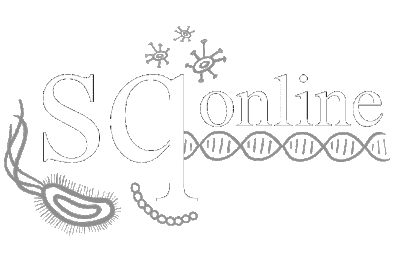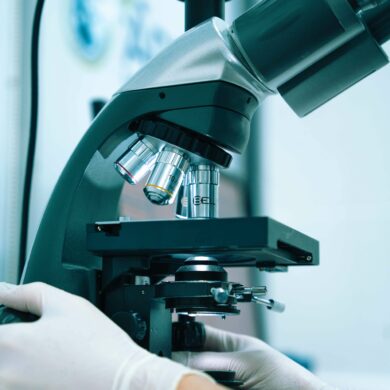Every week our Research Editors highlight a few of the latest headlines in science news and explain why these pieces are interesting and applicable to our classes at UC San Diego. If you find an engaging science article, share it with us on our Facebook page and your highlight may just be featured!
Excess sitting linked to coronary artery calcification, an early indicator of heart problems | Science Daily
Studies show that sitting for several hours a day is connected to increased coronary artery calcification, a marker of heart disease that can increase the risk of cardiac arrest. Researchers found that each hour of sedentary activity per day was associated with a 14 percent increase in coronary artery calcification. This emphasizes the need to exercise and stay active throughout the day.
If you are interested in exercise, consider taking Physiology of Exercise (BIPN 108).
— Jasmine Chau | Sr. Research Editor
Smoking when pregnant increases cancer risk for daughters | Science Daily
Researchers have found that women who smoke during pregnancy increase the risk of cancer for their daughters. The daughters are more likely to develop cancers related to reproduction, such as breast cancer and ovarian cancer. Other problems that may arise include obesity, asthma, and reduced lung capacity.
If you are interested in cancer, consider taking Biology of Cancer (BIMM 134).
— Jasmine Chau | Sr. Research Editor
Protein’s pivotal role in heart failure discovered | Science Daily
A key piece in the complex molecular puzzle underlying heart failure (a serious and sometimes life-threatening disorder affecting more than five million Americans) has been identified by researchers at the UCSD School of Medicine. They explored the heart’s progression from its initial weakening to heart failure and found that a protein known as RBFox2 is very important in keeping the heart muscle strong. They observed that a diminished expression of RBFox2 coincides with the weakening of the heart muscle.
If you are interested in cardiovascular function, consider taking Human Physiology I (BIPN 100).
— Neil Srinivas | Jr. Research Editor
Father’s age at birth may affect daughter’s cancer risk | Science Daily
Paternal age and the potential health effects on offspring have been the focus of many studies, but few have examined the effect parental age has on the risk of adult-onset hormone-related cancers such as breast cancer, ovarian cancer and endometrial cancer. A team of researchers explored this relationship and found that a parent’s age at birth, particularly the father’s age, may affect the adult-onset cancer risk for daughters. They found that women born to fathers under the age of 20 had a 35 percent greater risk of breast cancer and more than two times greater risk of ovarian cancer compared to those born to 25 to 29 year old fathers.
If you are interested in learning more, consider taking Human Reproduction and Development (BICD 134).
— Neil Srinivas | Jr. Research Editor

